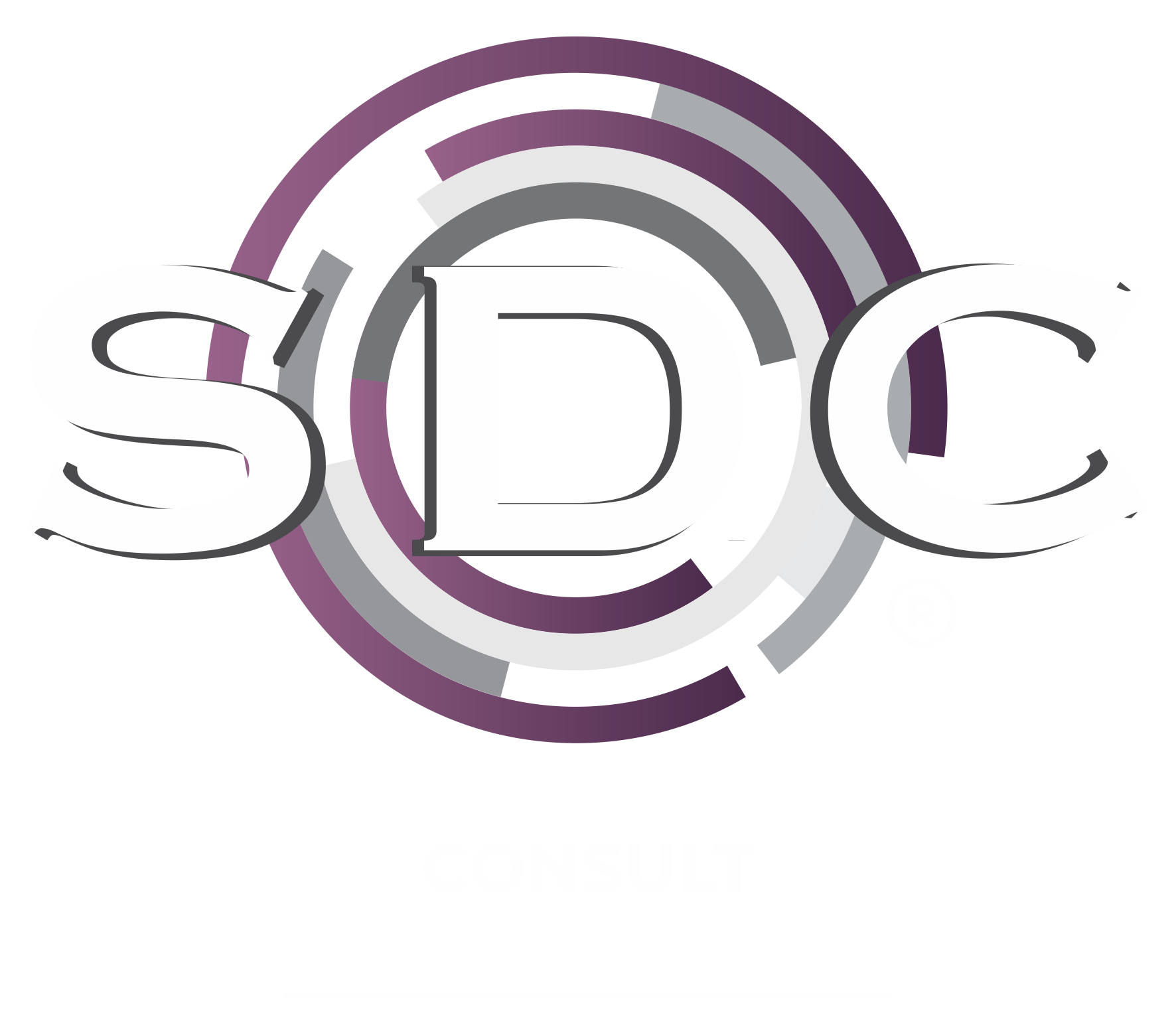
-
SDC Consult > Short Courses > Junior Management
Junior Management
Certification:
Received upon successful completion of the course.


Junior Management
Junior management training refers to the development and education of individuals who are at the early stages of their careers and aspire to or have recently entered managerial roles within an organization. This type of training is designed to equip junior managers with the knowledge, skills, and tools necessary to effectively lead teams, make decisions, and contribute to the success of their departments or organizations.

Course Index
- What is a meeting?
- Physical arrangements.
- Key concepts.
- Arranging a venue and equipment.
- The roles of the different participants.
- How to conduct an effective meeting
- Types of minutes
- Dealing with differing opinions
- You should do the following in a situation where there is differing opinions
- Techniques to create progress in a meeting
- Distribute records for a meeting
- Manage time and the work process in a business environment
- Explain the types of work done within the various core activities of an organisation
- Explain the types of work done within the various core activities of an organisation in relation to the core business
- Identify and explain the difference between the line and support function within a selected organisation
What can be learned.
Leadership Skills:
Training programs often focus on leadership skills such as communication, team building, conflict resolution, and motivation. Junior managers learn how to lead by example and inspire their teams.
Decision-Making:
Junior managers are taught how to make informed and effective decisions, taking into account factors like data analysis, risk assessment, and organizational goals.
Problem-Solving:
Problem-solving skills are critical for managers. Training helps junior managers develop the ability to identify issues, analyze root causes, and implement solutions.
Time Management:
Junior managers often need to balance multiple tasks and responsibilities. Time management and organizational skills are crucial for staying productive and meeting deadlines.
Interpersonal Skills:
Training programs emphasize the importance of effective communication, active listening, and building positive working relationships with team members, peers, and superiors.
Project Management:
Junior managers may be responsible for overseeing projects. Training in project management techniques and tools can help them plan, execute, and monitor projects successfully.
Financial Acumen:
Understanding budgeting, financial reporting, and resource allocation is vital for managerial roles. Training may include financial literacy components.
Conflict Resolution:
Dealing with conflicts within the team or between team members is a common responsibility for managers. Training helps them learn strategies to address and resolve conflicts constructively.
Ethical Leadership:
Junior managers are often taught about ethical considerations in decision-making and leadership, including issues related to fairness, diversity, and corporate social responsibility.
Change Management:
In a dynamic business environment, change is inevitable. Training programs may cover change management strategies to help junior managers navigate transitions effectively.
Performance Management:
Learning how to set performance expectations, provide feedback, and conduct performance appraisals is essential for managing teams.
Self-Development:
Junior managers are encouraged to engage in continuous self-improvement and professional development. Training may include goal setting and personal development planning.
Available Platforms:
- Face-to-face at one of our training venues.
- Online via Microsoft Teams.
Check-in time is at 8:15, introduction starts at 08:30 to 09:00am
Course Includes:
Tea, coffee, cookies, 2 sweets, water, pen, manual and a light snack for lunch. The courses usually end around 13:00 depending on the size of the company as well as the number of questions during the course.
Break Times:
There will be a break at 10:30 that includes tea, coffee, and a muffin. The course will commence at 11:00 to 13:00.
